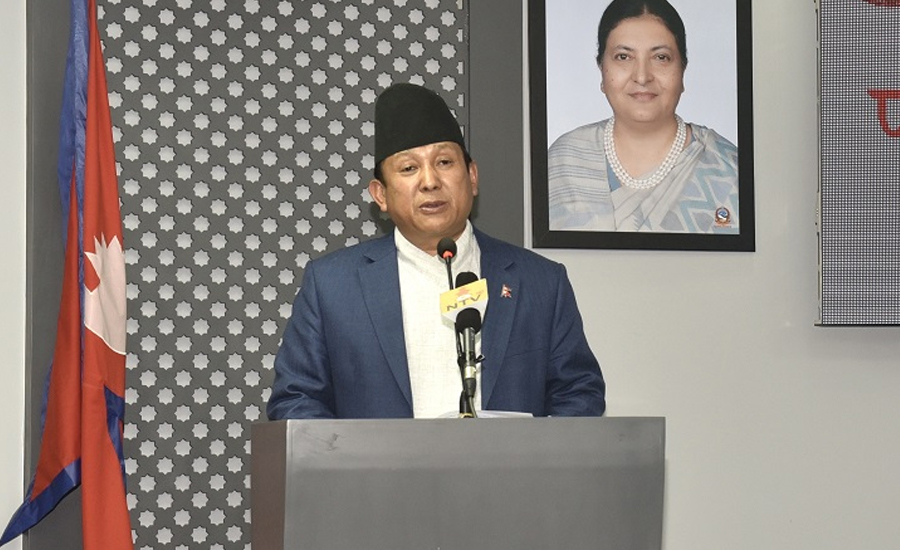Kathmandu: The ‘Bill to make provision for information technology’ registered by the government in the Federal Parliament two years ago could not be passed in three sessions. The reason for not being passed by the parliament was the same – unconstitutional provisions in the bill aimed at curtailing freedom of thought and expression.
The government is now making final preparations to bring in a ‘directive on social media management’ with more strict rules than in the old bill, even after the House of Representatives was dissolved unconstitutionally.
Advocate Baburam Aryal, who is familiar with the law related to information technology, says that the directive is being brought with more controversial points than in the previous bill. He says, “It seems that the directive is being issued in the absence of the parliament to bring objectionable provisions of the Information Technology Bill.”
Paragraph 17 of the Information Technology Bill said that the government will form an information technology court in each state by publishing the information in the gazette and such court will have one law member appointed by the government, one information technology member and one member from private sector.
Experts say the current guidelines are even stricter. The draft guideline states, “If there is any obstacle in the implementation of this guideline or in the operation and use of social media, it will be subject to the prevailing Nepali law and in accordance with the decision of the department.”
The draft directive has been drafted in such a way that all the powers including blocking social media, removing content, recommending lawsuits are given to the department headed by the joint secretary.
The bill on information technology, which could not be passed due to strong protests in and outside the parliament, was controlling in itself. However, the social media directory seems to be getting tougher than that bill.
Article 83 of the bill states, “No one shall be subjected to torture or to cruel, inhuman or degrading treatment or punishment.”
Similarly, in 6 (c) of the directive, ‘False, misleading or artificial information that constantly teases, humiliates, discourages, reprimands, incites hatred and animosity or confuses the recipient, defames someone, abuses, insults public image. , Or not to transmit data, images, videos, audios or messages.
The similarity between the bill and the directive is that neither has a definition of ‘teasing, humiliating, discouraging, reprimanding’ through the electronic system.
The government has also not ruled out directives to control freedom of expression. According to Parbat Gurung, Minister of Communications and Information Technology, who is also the spokesperson of the government, the directive is being brought to prevent the distortion of some media such as Facebook, YouTube and online without registration in the name of enjoying freedom.
The directive allows individuals or organizations to interact interactively with each other, as well as other systems based on the Internet or information technology, such as Facebook, Twitter, Viber, WhatsApp, Messenger, Instagram, YouTube, and LinkedIn.
No one is bothered about the need to regulate objectionable content coming from Facebook, Twitter, YouTube, Viber, WhatsApp. There is a worldwide debate about how free the use of social media should be and at what point it is considered free.
